🥇 The 10x guide to your early community-led growth hire
The 3 non-negotiables I learned from Ben Lang, former Head of Community at Notion
Chào, I’m Hien, a serial entrepreneur + community-led growth advisor, based in HCMC, Vietnam 🇻🇳
You are reading a ✨ free edition ✨ of Screate, a global community-led growth hub, where we decode how billion-dollar startups weaponized community for unstoppable growth to help you gain clarity and build confidence in building your own. Join 20+ countries of founders and leaders as we level up, one story at a time.
If you're a founder all-in on community as your secret weapon, your first community-led growth hire is a make-or-break moment.
Get it right, and watch your movement explode.
Get it wrong, and you’ll be pushing uphill for months.
But what does a community hire actually do?
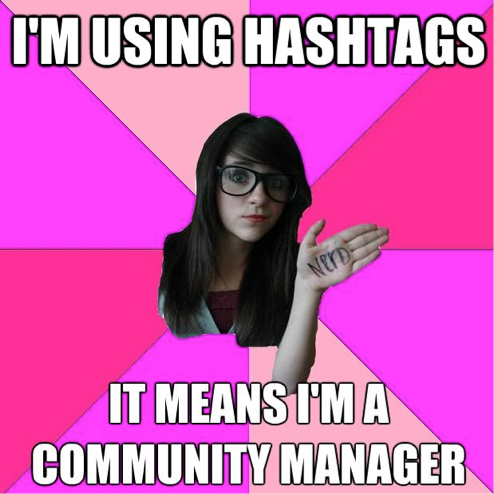
Just kidding, they are not just a “social media manager”, “event planner” or sometimes people mistake them for just being a “Discord/Slack moderator.”
A community hire (often short for community-led growth or community marketing) turns the most passionate early users into evangelists, feedback into features, and relationships into real, measurable business growth.
In the age of AI and infinite competition, community is the wedge that lets you punch above your weight—if you get the right person in the role.
What makes someone thrive in that role—especially when resources are tight, traction is murky, and everyone’s wearing multiple hats?
This is the million-dollar question I’ve obsessed over, both living it and dissecting the playbooks of community titans. And no playbook is more revered than Notion's.
The three non-negotiables I learned from Notion
Ben Lang, Notion’s former Head of Community, talked to First Round Review about their early days. He shared the three non-negotiables for any early community hire, and I can vouch for these 100%.
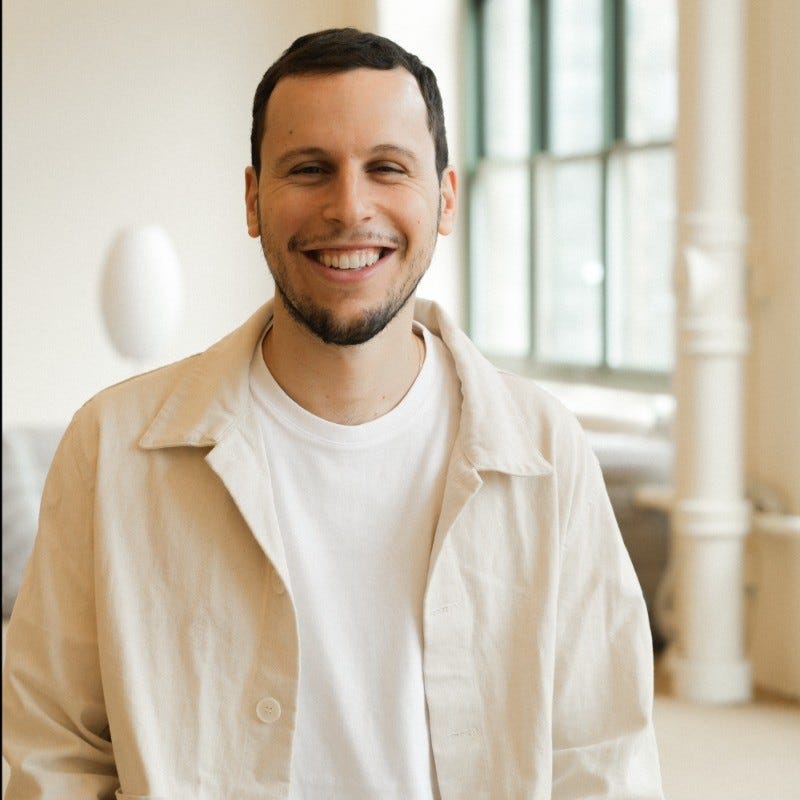
I’ll break them down—and add how they played out in my own journey:
1. Unapologetic Passion for Your Product (aka they were already a fan) 🙌
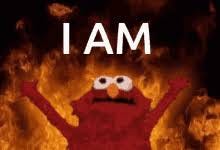
If you’re not genuinely excited about the product and the people using it, community work will burn you out fast.
In Notion’s case, their early community team were real users, advocates, even superusers before joining the company. Ben, former Head of Community @Notion, said in the interview with First Round Review, “This is the number one thing to look for in a community hire.”
My take:
This is more than “liking” the product. It’s about believing in what you’re building and caring about the people you’re supporting. In my own roles, I never felt like a “marketer” for hire—I truly believed I bring value to people’s lives and I want to see customers succeed, that’s why I never felt like I was chasing, but more often people naturally came to me to discuss their problems. That energy is contagious (and necessary).
2. The Scrappy "Builder" DNA (aka comfortable with chaos & creation)👷♀️
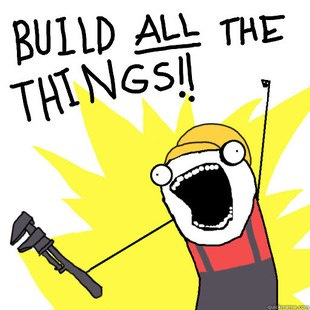
Notion’s early community team didn’t have playbooks, big budgets, or a massive brand to lean on.
They hustled: launching experiments, iterating fast, and doing whatever needed to be done—from hosting in-person events to writing guides to answering DMs.
My take:
If you’re #4 or #5 at a startup, you’ll wear every hat. The best community builders are natural starters & builders, comfortable with ambiguity, and relentless about making things happen—even if it means learning as you go. We have Screate now for playbooks, but that inherent drive is irreplaceable.
3. A natural-born organizer & connector—on and off the clock 🙋♀️

This is the ultimate litmus test: Are they already organizing things in their free time? Hosting dinners? Running meetup groups? Starting passion projects?
If bringing people together is in their bones, you've found gold.
My take:
I realized this was me early on—rallying classmates, starting clubs, or launching meetups before I even knew what “community” meant in a business sense. Still do until this day. If you find yourself doing this for fun, for togetherness, for connections & belonging, or for being of something bigger than yourself, you’ll thrive in the role when it’s your actual job.
⚡️ Bonus insights from the trenches

Genuine Care = Shared Growth: It's not about scaling numbers; it's about nurturing people. See your community as collaborators, not just users.
Community is a Team Sport: Even with a dedicated hire, the whole company needs to listen and engage. Community thrives in a collaborative culture.
Focus on Believers, Not Skeptics: Don't waste precious energy convincing those who don't see the long-term value of community. Find the champions.
The most successful companies—Notion, Figma, Substack—had buy-in from the top: If your leadership doesn’t believe in the long-term value of community, you’ll be constantly pushing uphill.
(Forward this to your boss if needed! 😉)
Why This Matters: The Unfair Advantage
Because community is the only advantage that can’t be copied overnight.

Notion couldn’t have competed head-to-head with Microsoft or Google without their early community of superusers—led by Ben Lang, who was already a product evangelist before he joined the team.
Figma is another classic example: they became the default design tool not just by building a great product, but by listening to their early adopters and making them feel seen and heard at every step. The community rewarded them strongly as they quickly champion Figma into their organizations, unlocking advanced tiers for teams and enterprises.
Substack is not becoming an economic engine for culture, helping writers and creators be able to publish their work and make money from paid subscriptions for the first time at ease, without their strong writer-writer communities, which ended up attracting a lot more quality readers who are willing to pay to sustain the work they deeply value.
TL;DR: The Early Community Hire Cheat Sheet
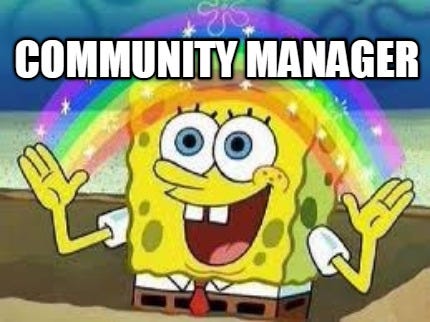
When it comes to hiring the first community hire, forget fancy titles or “years of experience.” Look for:
✅ Obsessive product passion & people.
✅ Scrappy builder mindset.
✅ Natural connector DNA.
✅ Ability to foster shared ownership.
If that's you—or someone you know—welcome to the tribe.
And in some of the best cases, the founder is the community builder, too. That’s the ultimate unfair advantage: building real relationships with people while building your great product.

🤔 Your Take: What's the hardest of these qualities to find? Which do you wish you or your team had more of? Reply to this email or drop your wisdom below!
Take one second to rate this post so I can write it better for you!
Share this guide with a founder who needs to read this! 👇
Until next time,
Hien with 💓

